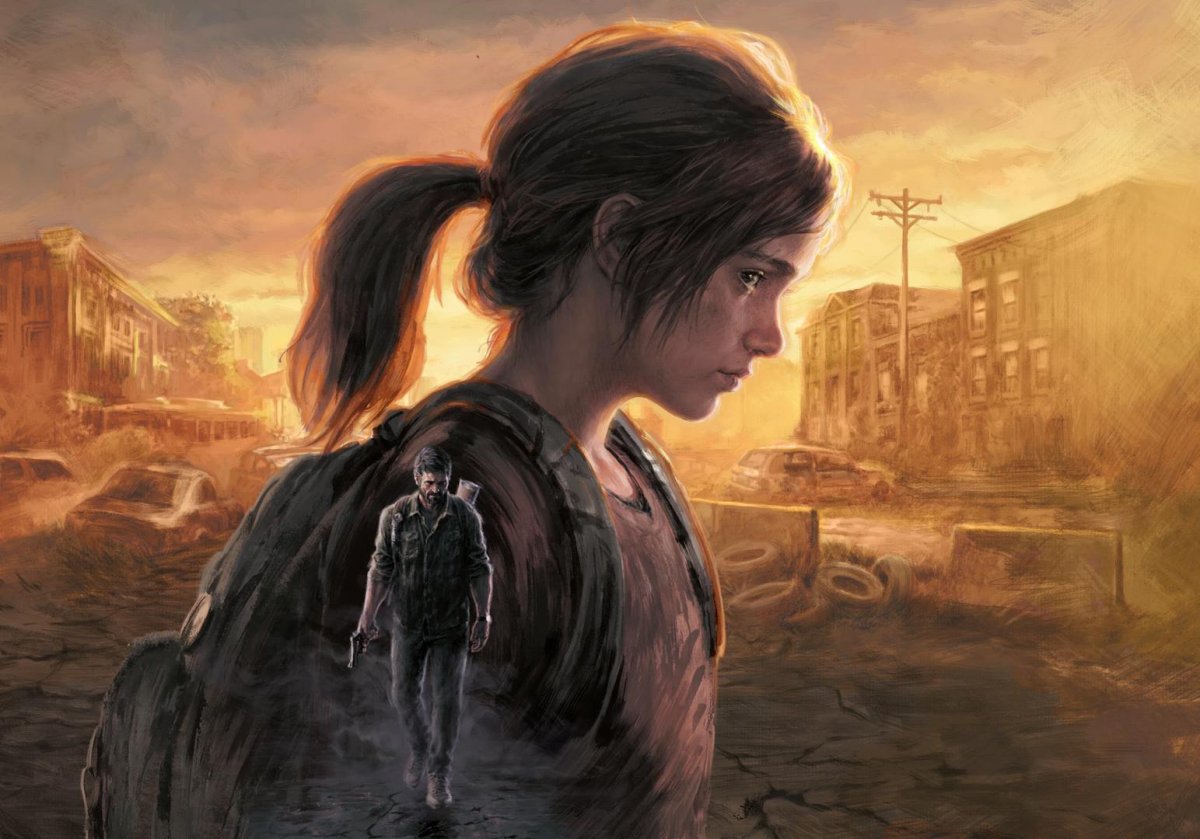Over the years, video games have raised the bar in every way. The progress in technique and gameplay is tangible, but the most subtle and at the same time the most obvious transformation has to do with the stories. From the simplicity of a plumber rescuing a captive princess to the complex scenarios of today, a lot of water has passed under the bridge, with titles like The Last of Us Part 1 maximizing storytelling and screenplay importance.
just the job naughty dogReleased on PS3 in 2013, then on PS4 in a remastered version, and now on PS5 with a remake, is one of the most authoritative examples of this evolution. then let’s see what’s up 5 reasons that make The Last of Us Part 1 a cult that changed our lives.
‘Cause it’s a journey
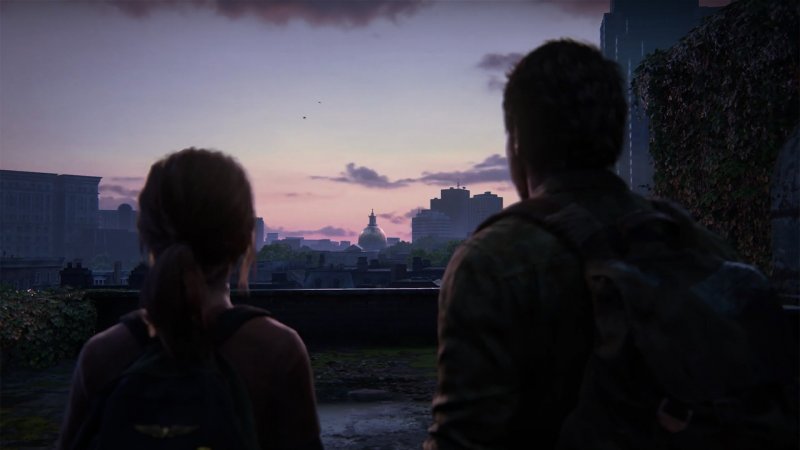
Since the world began, stories have been told, each character must go through a process to reach their goal. travelwhether indoors or paved with miles of asphalt. The journey is an allegory of the way our heroes went to reach the light in a situation they were missing at the beginning of the journey, and it can represent a kind of salvation for them.
In this sense, the adventure directed and scripted by Neil Druckmann perfectly blends the direction on the road with the illuminating. new awareness It was bought by Joel at the end of his mission. During the adventure that sees little Ellie accompanying her from Boston to Salt Lake City, the grumpy smuggler’s dried soul gradually cracks, scratches, and nicks, until it shows that the core has remained covered in a shell forged by a shell for too long. bitter life.
Every meter traveled, every hideous thing killed on the way, every distance that separates him from death, for Joel is a step towards a light. renewed manand finally finds a reason to risk everything in that little girl who is so different from her daughter Sarah. And to live.
Because it speaks of rebirth
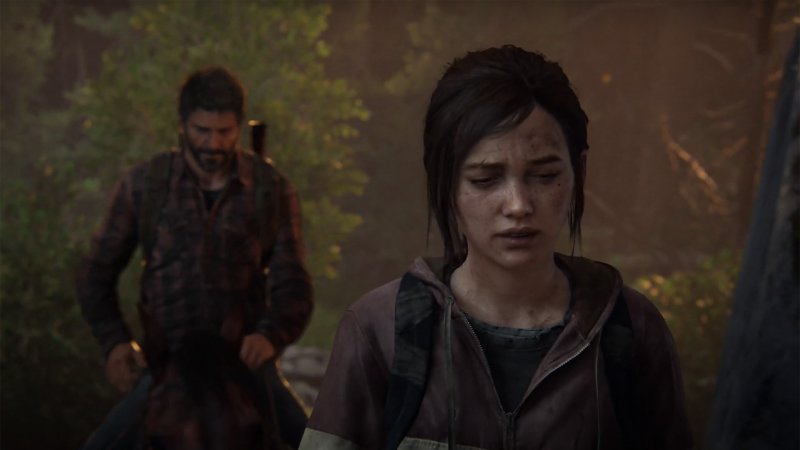
Once you focus on Joel again, it’s impossible to miss him. psychological state where the character is at the dawn of the story. Our anti-hero’s approach to life is clear from the very beginning: His existence no longer has any meaning, he has ended with the facts described in the foreword; his business with his partner Tess is nothing short of a vicious struggle.
Contradictory to say, but Joel has no room for life in his life; The same life that the protagonist will have a new taste for, thanks to an unexpected relationship with Ellie. Starting from this assumption, The Last of Us Part 1 therefore takes the outline of a story. rebirthAn unexpected second chance to return to see the light of the sun, bestowed by fate and synonymous with resurrection for Joel.
It’s a theme that remains evergreen in the narrative space, and one that winks at any of us. Yes, because the talent of the screenplay, born from the pen of the author of Uncharted, is to know how to tap into the emotional chords we all think about. universalglorifying subjects and themes that cannot leave us indifferent for the simple reason that they personally involve us.
Of course, none of us will have experienced the same thing that happened to poor Joel, but we’ve all experienced that mix of emotions that leads to the abyss at least once, perhaps after a bereavement or a strong disappointment. In our own little way, we carry our luggage with us like Joel scarswhich we hope to see fade when we emerge from the darkness, thanks to a grip that life can take us by surprise.
For using fiction
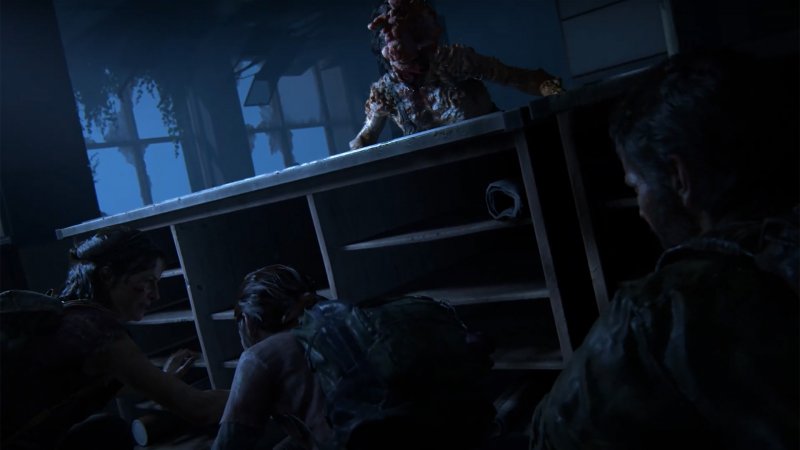
While he invented nothing in terms of general narrative context, one of The Last of Us Part 1’s undoubted virtues is that it has transferred a fascinating fantasy like the one made famous by celebrities into a video game. post-apocalyptic literary production. The scenario that few have seen fighting for survival in an environment devastated by a pandemic, atomic or natural disaster has been covered extensively in fiction, and some prominent examples proudly carry the flag of the genre.
Vampire nightmare imagined by Richard Matheson in 1954 i am legend and the desolation narrated by Cormac McCarthy Street They seem to be the closest atmospheres to Naughty Dog’s work, but the title also mixes elements from other milestones of dystopia on paper. historical novel city of thieves He was a valuable source of inspiration for the development team. scorpion shadow Stephen King seems to share the epic nature of a long journey with The Last of Us. The disheartening picture after the pandemic.
In some ways too children of menIt adds something to the Sony-published title, written by Phyllis Dorothy James in 1992 and brought to the screen by Alfonso Cuaron in 2006: one special topic is hiring for an entire company on its knees.
The Last of Us Part 1, in short, assembles, reworks, and brings to console a universe that has already been worked out by great writers of the past and recent times, but it does so convincingly, Identity and not derivative at all: the world of The Last of Us is the world of The Last of Us.
for no discount
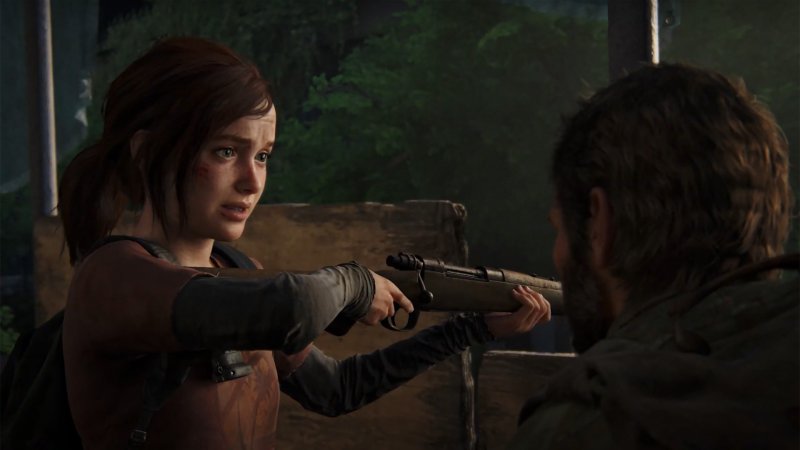
By definition, the fun component is clearly necessary in a video game; but the latter often somehow rhymes with rework sugary The licenses that certain elements of reality once recreated on the screen while the Games transfer certain components of real life to them are very diverse, on the one hand for stylistic reasons, and on the other, for somewhat weakening the effect to be fed to the users.
But The Last of Us does not abide by this unwritten rule: Violence that seems ordinary, death, death that is now concrete evidence of a previous life by exploring various houses upside down … each hinge structure that holds the narrative is told what it is, without sweetening the pill. Undoubtedly an effective choice, whose goal is to convey that we are really playing, but also on another level in terms of the fun aspect. We are beyond.
All this is realism and reliability completely new in the context of brutal homo homini lupus designed by the developers; The effect reaches an even higher dimension, if possible, with the second part of the series. Video games today can stage spectacular and reasonable fights and extreme situations, but in The Last of Us, the killing-for-survival feeling is palpable, because it’s clear that a family lives in that house with habits and daily lives of their own.
In short, the script set up by Naughty Dog is solid because uncompromising and does not back down when it comes to showing the coarser side of reality: the non-discounting.
‘Cause he’s talking about change
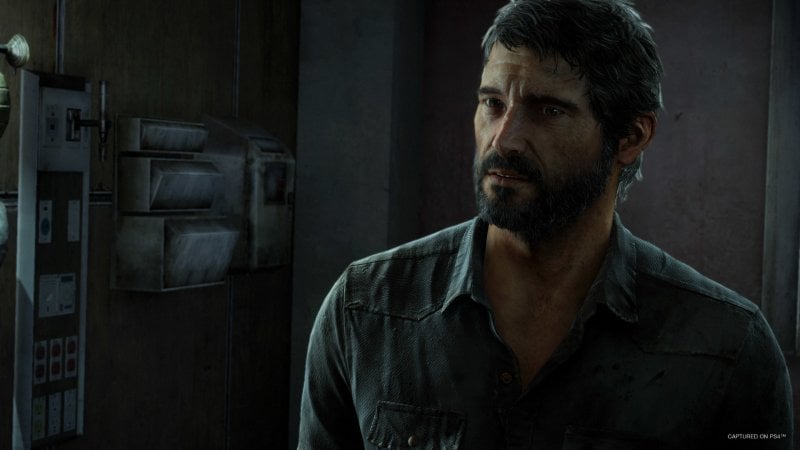
Ultimately, however, all of the magnetic charge that The Last of Us Part 1 exerts on the public is likely to be found in an element found in any story worth considering like this: change. Every story, every movie, every story speaks of a change, a transition, an inner – and sometimes even outer – metamorphosis that the hero undergoes to adopt a new status that is often better than the previous one.
So why is The Last of Us special if such a component is common to all stories? All thanks to the window the player uses to look out and watch the change: characters.
In the narrative field, wounded and reluctant hero It is an archetype whose effectiveness is indisputable, grasping the public almost effortlessly, because fundamentally, we are all part of it in some way. Each of us has a daily routine in which he feels secure after difficulties, small or large, and when an offer is made that requires us to step out of our comfort zone, hesitation is an almost automatic action.
Yet, amid the thousands of doubts we finally accept, this new adventure will bring us something new to learn as a gift, perhaps the discovery of a friendship we didn’t believe possible, or at least a few more or less coins. our pockets. In short, we will be different from before. we will be replaced.
Joel Miller is a figure designed to work with, to adore the actor, because proportionally he is the actor. There resistance the feelings that the hero applies towards the spring change, which will come in the last part of the story, a little like we are surprised when we make an action, a gesture that we would never believe we did in real life. they were able to.
A similar design, Joel Clint Eastwood inside Gran Torinoor better Million Dollar Baby: a heartbroken and pragmatic character who doesn’t want to know anything about the world outside her reassuring bubble until someone knocks her down.
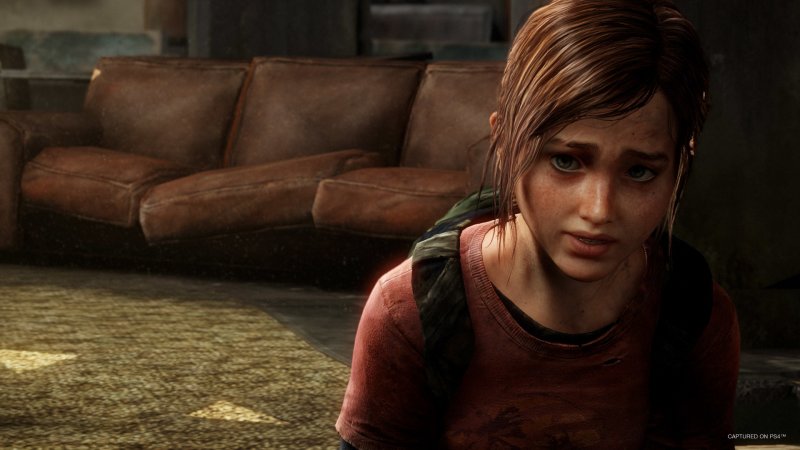
In this respect, Ellie is not far behind. The girl’s change throughout the adventure has little to do with reluctance. sudden growth which exposes him to violence and extreme solutions. At the end of the journey, which was more removed from the light than with Joel, Ellie got her hands dirty, suffered, looked after her new “dad” and found someone to entrust her life with. : matured, changed. And we are with him somehow.
What do you think of The Last of Us Part 1? What aspects of his narrative impressed you the most? Tell us yours in the comments.
Source: Multiplayer

